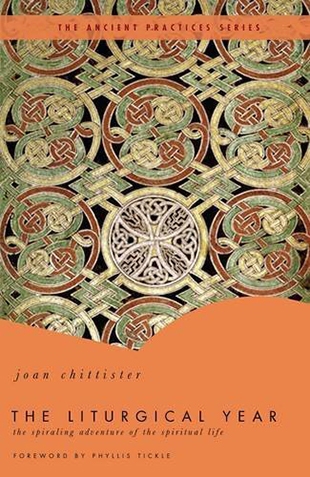"Holy Saturday is a day nobody talks about much in the liturgical year. There is little liturgical data to consider — nothing really happens in most churches on Holy Saturday. In monasteries there is the morning chant of Tenebrae, a series of psalmic lamentations that punctuate the emptiness with grief and, by the ritual damping of the candles in the Tenebrae hearse, underscore the absence of Jesus, our Light. But there are no liturgical assemblies before nightfall. Nor is there even much history to pursue, with the exception of tracing the shifting of times and places and participants in the Vigil Mass. There are no public ceremonies, no particular liturgies to interrupt the sense of waiting and vacuity that mark the day. For the most part, we are simply left on our own on Holy Saturday. And yet every human being who has ever walked the earth has known what the emptiness of Holy Saturday is about.
"Everyone who has ever lived, who will ever live, will someday undergo a Holy Saturday of our own. Someday we will all know the power of overwhelming loss when life as we know it changes, when all hope dies in midflight. Then, and only then, can we begin to understand the purpose of Holy Saturday.
"The importance of Holy Saturday lies in its power to bring us to the kind of faith the spiritual masters call 'mature.' Holy Saturday faith is not about counting our blessings; it is about dealing with darkness and growing in hope. Without the Holy Saturdays of life, none of us may ever really grow up spiritually.
"Today, the church is empty. Today, the loss finally sets in. We sit in the empty pews, pass the empty churches, heavyhearted from the reality of yesterday, of Good Friday and its dashing of our securities. Today, alone and bereft, we come face-to-face with the question we try so hard to avoid the rest of the year: how do we deal with the God of darkness as well as the Giver of light? Have we been abandoned? Are we left now on our own in this world? Is there nothing else? Was all the rest of it pure fairy tale?"
